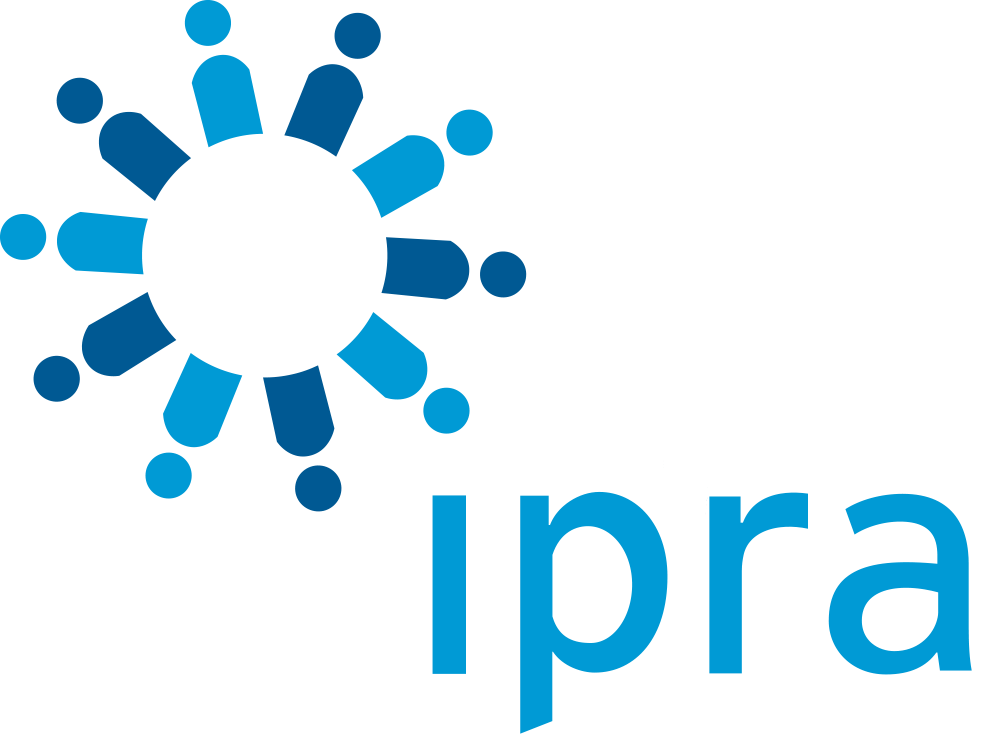ITL #598 Strategic communications: rethinking reputation in a rapidly warming world
1 year, 4 months ago
Protecting a company’s most valuable asset in a volatile environment calls for not just skill, but spine. By Bianca Ghose.
Early in 2020, as we slipped into the first pandemic of our generation, I wrote for the World Economic Forum about how 2020 will see the birth of the 'trust economy'.
It feels a bit disingenuous to counter my own prediction, but of late it seems that mistrust rather than trust has been shaping the world around us.
We’re living in an era of rising temperatures, and I don’t just mean climate-wise.
Taking the heat
Around the world, people are increasingly being displaced by war, political oppression, poverty, and climate events. Every day, families are risking everything in search of better environments. Inequality, intolerance and injustice are on the rise. Disinformation is having a field day.
Into that mix, factor in the cultural, social, security and defence implications of technologies such as artificial intelligence, encrypted messaging, machine learning etc. GenAI is incredible, but as with everything new, it is also yielding some hard lessons and painful costs, demanding better data governance, quality control and good judgment.
What’s taking the heat then in this environment?
Authenticity.
Equal access.
Inclusion.
And a company’s most valuable asset – its reputation.
Keeping it cool
Before you assume the picture is bleak, there are strong signs of optimism and engagement.
In response to this heated environment, regulatory, social, and market pressures are changing rapidly, requiring corporations, people of influence, and nation states to align their interests with the interests of society.
National and international policy landscapes are changing, catalysing new types of market interventions, changing the flow of public and private capital, shifting consumer and employee expectations (and loyalty), and prompting greater adoption of stakeholder models of corporate governance.
This – I believe – is changing forever the axes of reputation and communications work. For those of us in the business of building or managing reputations – strategic communications professionals and communications directors – this is a setup for a long-overdue change.
Our responsibility then is to act, advise and narrativize in ways that close the authenticity gap between what our leaders and clients believe in, and how they actually behave.
Hope is not a strategy. Take action – globally and in your own backyard.
Consumers and citizens today expect absolute clarity of purpose from the brands they love (or cancel) and the nation states they belong to. This is good.
Crisis Communications and Strategic Communications professionals will have to rapidly pivot to comms strategies, campaigns and narratives that communicate not just vision and strategy, but also accountability and transparency, while still staying close to what’s necessary for the business.
This is a responsible, nuanced, mature position to adopt for communications professionals, one that must also be laced with practicality, awareness, empathy and courage.
Swim against the stream, when necessary.
That’s a lot to ask for, you say.
It is.
Seasoned reputation strategists and experienced communications professionals will tell you that they
- read voraciously
- stay curious, and current
- listen to understand, not to react
- display leadership and courage
- empathy as well as sharp business acumen.
It takes not just skill, but a spine – as some would say.
From personal experience of holding these types of positions over the last 20 years, I guarantee you that as complex as it sounds, the payback is extremely satisfying.
Being close to the decision centre, being a trusted advisor to leaders, has allowed me to influence decision making, and curate reputations that are rooted in transparency and action. And we know that good reputation has financial value.
Even when I’ve had to take sides, knowing that I have the power to push for accountability and boldness through my words and work, gives me hope and optimism for the future.
I’ve been a tiny pebble in a lake.
To strategic communications professionals I say, keep being that pebble.

The Author
Bianca Ghose
Bianca Ghose is an internationally experienced Media, Marketing and Communications professional. Over the course of her 20-year career, she has led marketing communications portfolios for several global brands in India, the United States, and France. She is recognized as a trusted advisor to the C-suite on matters of brand strategy, reputation, strategic and crisis comms, and positioning. Her most current position is that of General Manager and Head of Strategic Communications for the CEO, at global tech services firm, Wipro.
mail the authorvisit the author's website
Forward, Post, Comment | #IpraITL
We are keen for our IPRA Thought Leadership essays to stimulate debate. With that objective in mind, we encourage readers to participate in and facilitate discussion. Please forward essay links to your industry contacts, post them to blogs, websites and social networking sites and above all give us your feedback via forums such as IPRA’s LinkedIn group. A new ITL essay is published on the IPRA website every week. Prospective ITL essay contributors should send a short synopsis to IPRA head of editorial content Rob Gray emailShare on Twitter Share on Facebook

